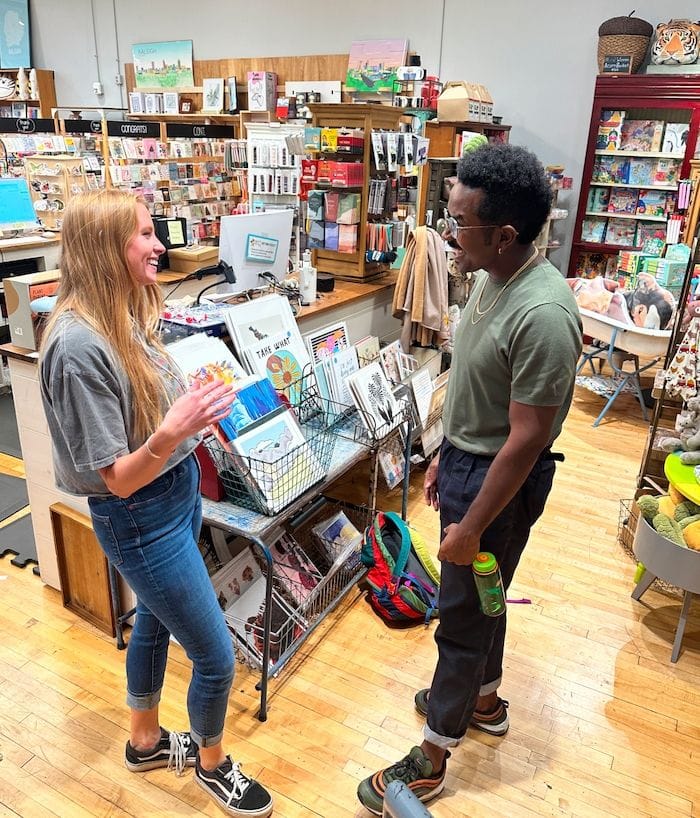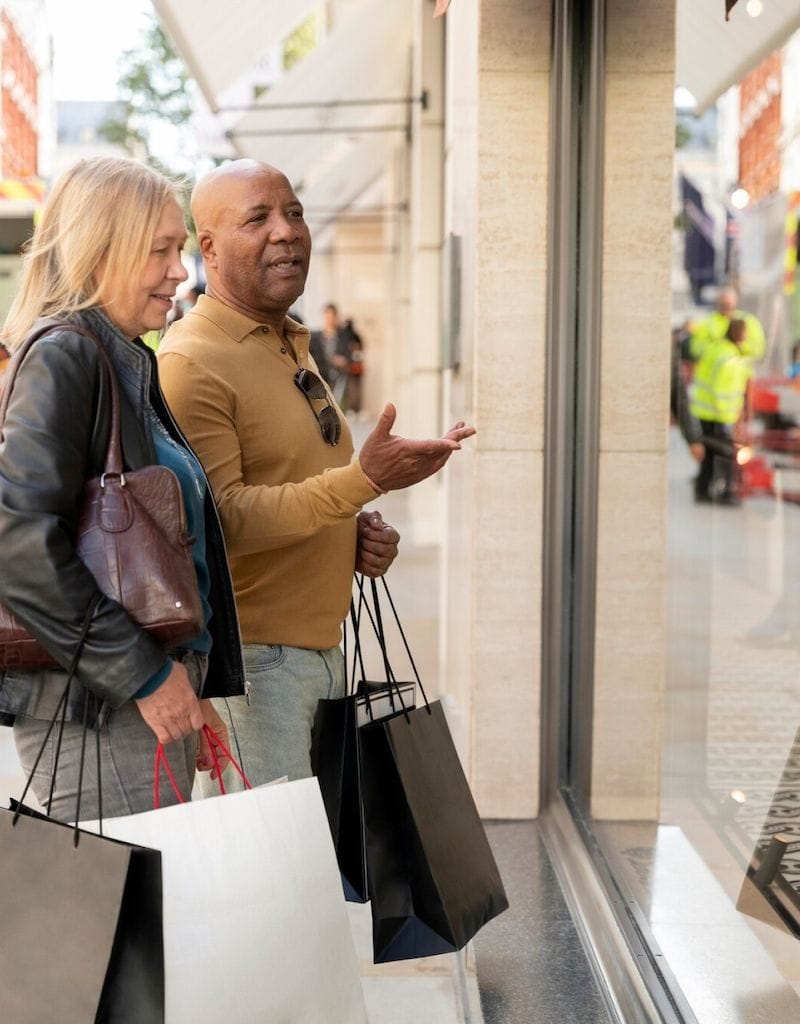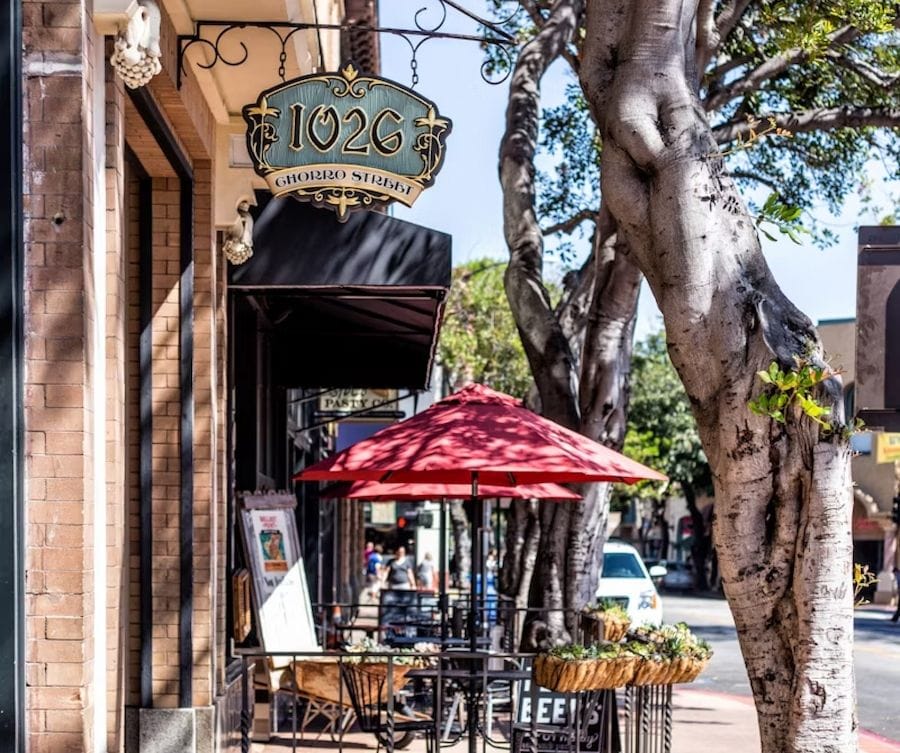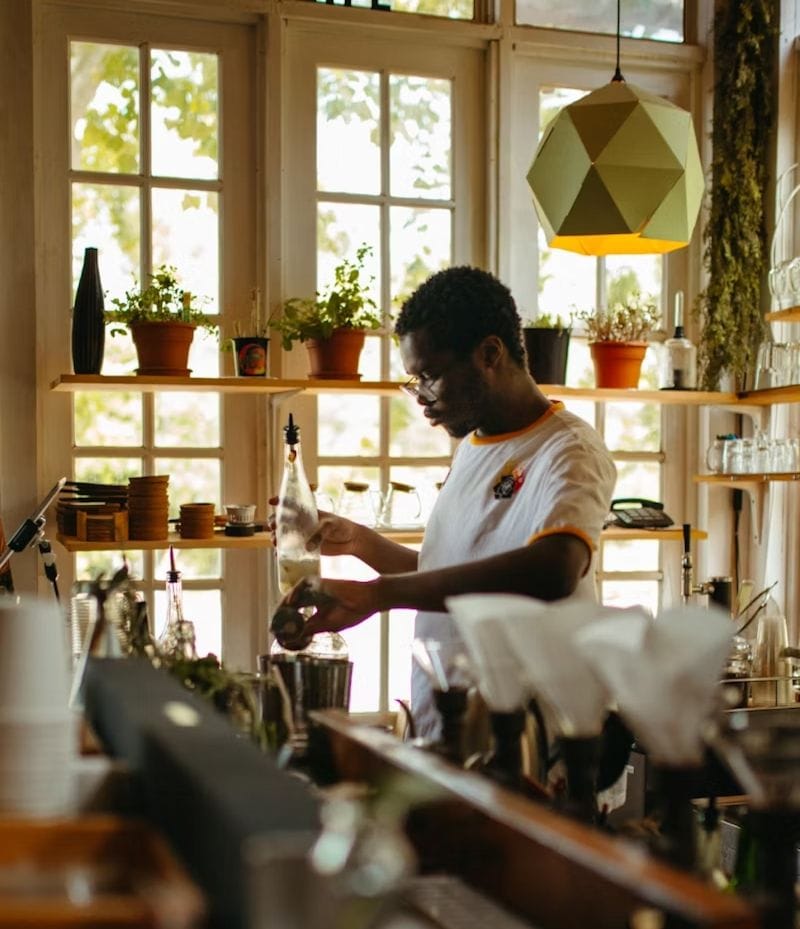Closer to what matters
Closer to neighbors
Closer to the essentials
Closer to FAMILY FUN






ESSENTIAL MADE ACCESSIBLE
Through data-driven, design-centric real estate strategies, AndAccess advances retail that brings communities together.
We are collaborative in name and approach, engaging stakeholders of all types—from small business owners and community organizations to corporate developers and municipalities—to bring essential goods and services within reach for all.
AndAccess uncovers opportunities for growth, innovation, and differentiation to activate the full potential of thoughtful retail and transformative development.
MEASURING & MEANING
A neighborhood restaurant’s quarterly sales—and the decibel of unbridled laughter emanating from it on a Friday night.
The traffic calming resulting from streetscape improvements—and the bus stop conversations held on those new benches.
The year-over-year growth for a local florist—and the number of Mother’s Days made special by their artful bouquets.
From big-picture financial health to intangible personal fulfillment, we understand that the fabric of community is nuanced and multidimensional, so our approach to measuring it is too.
CLOSER TO WHAT MATTERS

The Power of Proximity
Proximity is the most prominent factor in business site selection and real estate investment. All too often, neighborhoods with lower incomes and educational attainment suffer the most remote access to essential goods and services. We craft retail strategies that not only put resources closer to residents but strengthen the neighborhood fabric—celebrating longstanding traditions, elevating fixtures in the community, and helping people stay connected to the people and places they hold near and dear.
CLOSER TO WHAT MATTERS

Inclusive Commercial Development
We believe commercial development should meet everyone’s needs.
We help developers rewrite the script to embrace the people who shape, embrace, and celebrate where we call home—layering in perspectives from policymakers, shop and building owners, and neighbors. From leveraging community assets and existing population centers to lower costs to drafting policies that make business at each stage more profitable, we craft vibrant neighborhoods where people feel a sense of belonging and connection.
CLOSER TO WHAT MATTERS

Commercial Impact Backed by Data
Our approach isn’t guesswork or gut feelings; AndAccess harnesses data-driven insights and design-centric strategies, researched and proven, to foster fertile ground for local and national businesses to flourish. We empower small businesses to compete in the e-commerce era with actionable intel, tools, and ongoing support to enhance their growth strategy. We tap into what community members care about to make informed decisions about what goes where in their neighborhoods.
MEET OUR TEAM
Our team of strategists, planners, and analysts shares a passion for supporting communities and entrepreneurs in realizing their visions.

OPENING DOORS AND
CONNECTING COMMUNITIES

